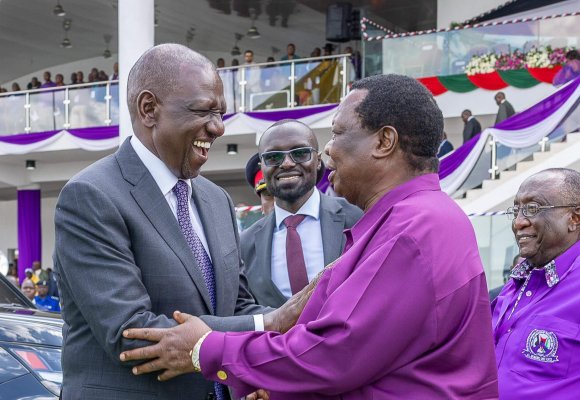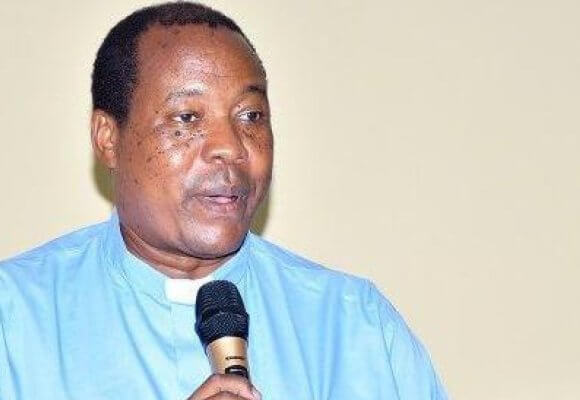|
LISTEN TO THIS THE AFRICANA VOICE ARTICLE NOW
Getting your Trinity Audio player ready...
|
A Tunisian court sentenced opposition presidential candidate Ayachi Zammel to 20 months in prison Wednesday, escalating concerns over the fairness of the upcoming October 6 election.
Zammel, who leads the Azimoun party, was among only three candidates approved to run against incumbent President Kais Saied. His lawyer, Abdessattar Massoudi, condemned the verdict as a politically motivated attempt to eliminate competition.
Zammel had been arrested two weeks earlier on charges of falsifying voter signatures in his candidacy documents—allegations he dismissed as fabricated by President Saied’s administration. “Today’s ruling is unjust and designed to sabotage his chances in the presidential race,” Massoudi told reporters.
The imprisonment of Zammel intensified existing political tensions in Tunisia, where opposition parties and civil society groups have accused President Saied of orchestrating a crackdown to secure his hold on power. Since being democratically elected in 2019, Saied has progressively consolidated authority, ruling by decree since 2021—a move the opposition has labeled a coup.
Earlier this month, an electoral commission appointed by Saied disqualified three prominent presidential hopefuls, defying rulings from Tunisia’s administrative court, the highest judicial body on election matters. The commission’s actions left only Saied, Zammel, and Zouhair Magzhaoui—a figure perceived as close to the president—in the race. This unprecedented defiance of the court has sparked protests and raised serious doubts about the legitimacy of the electoral process.
Rights organizations, political parties, and constitutional law experts have voiced alarm over the commission’s conduct. They argue that bypassing the judiciary undermines the rule of law and threatens the foundations of Tunisia’s democracy. “The commission’s disregard for legal rulings casts a dark shadow over the election’s credibility,” said a spokesperson for a leading human rights group.
Critics accuse President Saied of manipulating the electoral framework to eliminate opposition and pave the way for an uncontested victory. They point to a pattern of arrests and legal actions against potential rivals. Abir Moussi, leader of the Free Constitutional Party, has been imprisoned since last year on charges of endangering public security. Similarly, prominent politician Lotfi Mraihi was jailed earlier this year on accusations of vote-buying in the 2019 election. Both had declared intentions to run in the upcoming election but were prevented from submitting their candidacies due to their incarceration.
Adding to the controversy, a court last month sentenced four other politicians intending to run for president to prison terms and imposed lifetime bans on their participation in future elections. These moves have been widely interpreted as efforts to suppress dissent and eliminate any formidable challenge to Saied’s presidency.
President Saied has refuted allegations of authoritarianism, asserting that his actions are aimed at combating corruption and safeguarding national security. “I am not a dictator,” he declared in a recent address. “I am fighting against traitors and mercenaries who seek to harm our nation.”











LEAVE A COMMENT
You must be logged in to post a comment.